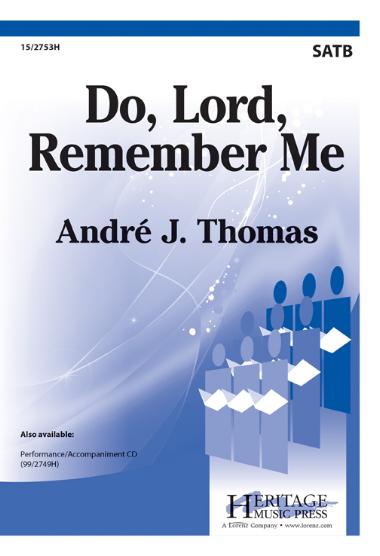by Brody McDonald
So many times I tell my choirs to “begin with the end in mind,” as I learned from Steven Covey. When discussing a performance, I will sometimes ask, “What do you want the audience to say when you finish?” or “What do you want the audience to feel during your performance?” When it comes to singing in a competition, this line of thinking goes a bit farther.
Let’s take for example when my choirs perform at Ohio Music Education Association Large Group Contest each spring. OMEA ratings are:
-I: Superior
-II: Excellent
-III: Good
-IV: Fair
-V: Poor
We discuss what we need to do in order to prove beyond the shadow of a doubt that we deserve a Superior rating. Until recently, I told the students to tell the judges (with their singing) to put down a “I.”
Then something changed. I judged an ICCA Quarterfinal (International Championship of Collegiate Acappella). As I judged, I was constantly thinking, constantly writing, constantly thinking of what number to circle in each category. How I wished for a group who sang so well I could just listen. Not write. Not circle. Just listen and enjoy.
I realized that I had never fully articulated to my choirs what was in my heart for so long. Since we are in ramp-up for OMEA contest now, I asked my top choir, “What do you want the judges to put down?” I heard a chorus of “I!” and “Superior!” and even some “zero!” (being above a I). Then I said, “I want them to put down their pencils.”
A judge who is caught up in an artistic performance doesn’t want to write or score. They just want to listen. They will gladly take the opportunity to step away from the job of judging to become a happy audience member. If your performance can make that happen, then you’ve won – regardless of your score. Don’t get me wrong – I’m not here to say “we’re all winners!” I don’t think that way. I do, however, think there can be more than one winner in music – which is what makes music different than a basketball game. Anyone who can turn the dots on the printed page into engaging music for the audience is a winner.
When your goal is a score or a winning rank, you aren’t striving towards artistry. If you try to get a specific number out of a judge and fail, then you’re just a failure. If your goal is to create art and you make it, there’s no score or ranking that can invalidate your performance. Creating art is the highest challenge, and if you succeed with your singing, the scores and ranks typically take care of themselves.
At the end of the day, music is an art form. When performed well, it becomes nearly impossible to score. That’s why competitions are both good and bad. They are good because they drive us to make our performances strong enough to become true art, and thus a subjective matter that lives outside of scoring. What a paradox! Yes, there will still be scoring in contests, and there will be ratings awarded. There might be plaques or trophies handed out. Still, the real winners will always be those who created true art on stage and every audience member not holding a pencil.
For more outstanding insights from Brody, be sure to visit his blog at www.brodymcdonald.com!
_____________________________________________
Brody McDonald is the director of choirs at Kettering Fairmont High School and a faculty member of Wright State University in Dayton, Ohio. His choirs have performed regularly at OMEA, ACDA Central Division and ACDA National conferences. In addition, they have performed with international artists such as Kenny Rogers, LeAnn Rimes, The Beach Boys, Kenny Loggins and Pentatonix. His award-winning a cappella group, Eleventh Hour, is the first high school group to be featured on NBC's The Sing-Off. They have also been featured on ABC's Extreme Makeover Home Edition and won a gold medal in the Pop Choral Champions Division at the World Choir Games. Eleventh Hour's studio recordings have been included numerous times on Best of High School A Cappella and have won CARA awards for Best High School Album and Best High School Song.
 Brody is at the forefront of the educational a cappella
movement, serving as a founder of the A
Cappella Education Association and as a nominator/judge for the Contemporary
A Cappella Recording Association (CARA). He has presented at
numerous educational conferences on pop a cappella in the classroom, and
regularly lectures on the topic for ACDA chapters throughout the Midwest. Brody
is the author of A Cappella Pop: A
Complete Guide to Contemporary A Cappella Singing and the co-owner of Camp A Cappella (www.campacappella.com),
an immersive week-long summer camp dedicated to the study of contemporary a
cappella.
Brody is at the forefront of the educational a cappella
movement, serving as a founder of the A
Cappella Education Association and as a nominator/judge for the Contemporary
A Cappella Recording Association (CARA). He has presented at
numerous educational conferences on pop a cappella in the classroom, and
regularly lectures on the topic for ACDA chapters throughout the Midwest. Brody
is the author of A Cappella Pop: A
Complete Guide to Contemporary A Cappella Singing and the co-owner of Camp A Cappella (www.campacappella.com),
an immersive week-long summer camp dedicated to the study of contemporary a
cappella.













